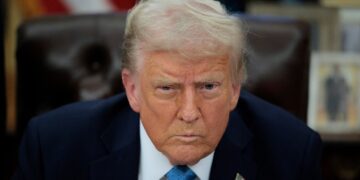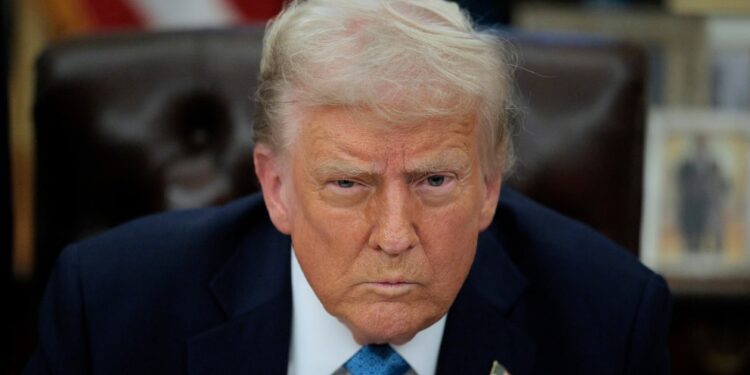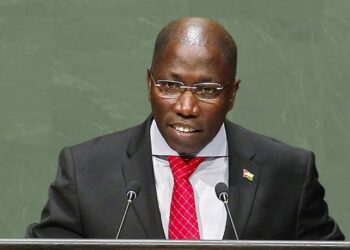By Ebi Kesiena
The United States government is reportedly drafting a plan to phase out the President’s Emergency Plan for AIDS Relief (PEPFAR), a critical global health initiative that funds HIV treatment in Nigeria and other low-income countries.
According to documents obtained by The New York Times, the proposed shift would see PEPFAR move from providing direct HIV treatment and prevention to focusing on bilateral partnerships and epidemic monitoring that align with U.S. domestic interests.
Organisations have already been asked to begin preparing for this transition, with U.S. support expected to be phased out in some countries within two years.
This development comes just days after U.S. Congress moved to shield PEPFAR from broader foreign aid cuts. However, advocates now fear that the gains may be short-lived.
The internal planning document suggested transforming PEPFAR into a rapid response platform for detecting outbreaks that may threaten the U.S., such as Ebola. It also hinted at leveraging the programme to open up markets for American pharmaceutical products and technologies.
Although a U.S. State Department official clarified that the document is not final and was never officially approved, its circulation among partners has raised concerns globally.
In Nigeria, where PEPFAR plays a pivotal role, the programme supports a significant share of HIV services, including antiretroviral provision, testing, and health worker training. Nigeria’s domestic health budget is primarily consumed by salaries, making external support vital.
The recent funding disruptions have already affected HIV care in Nigeria, stalling drug supplies and routine services, while creating uncertainty for patients and healthcare providers.
Despite a limited waiver that allowed some services to continue, health experts warn that further cuts could derail progress made toward ending HIV as a public health threat by 2030.
Meanwhile, U.S. officials, including Secretary of State Marco Rubio, have defended the proposed changes as necessary to curb wasteful spending, but insisted essential care would continue.




































